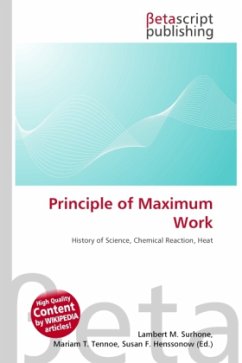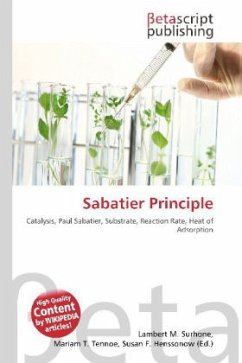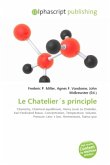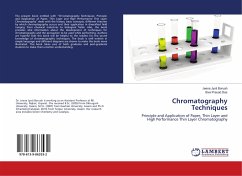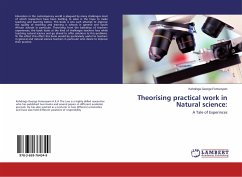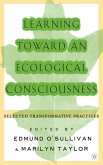High Quality Content by WIKIPEDIA articles! In the history of science, the principle of maximum work was a postulate concerning the relationship between chemical reactions, heat evolution, and the potential work produced there from. The principle was developed in approximate form in 1875 by French chemist Marcellin Berthelot, in the field of thermochemistry, and then later in 1876 by American mathematical physicist Willard Gibbs, in the field of thermodynamics, in a more accurate form. Berthelot's version was essentially: "every pure chemical reaction is accompanied by evolution of heat." (and that this yields the maximum amount of work). The effects of irreversibility, however, showed this version to be incorrect. This was rectified, in thermodynamics, by incorporating the concept of entropy.

